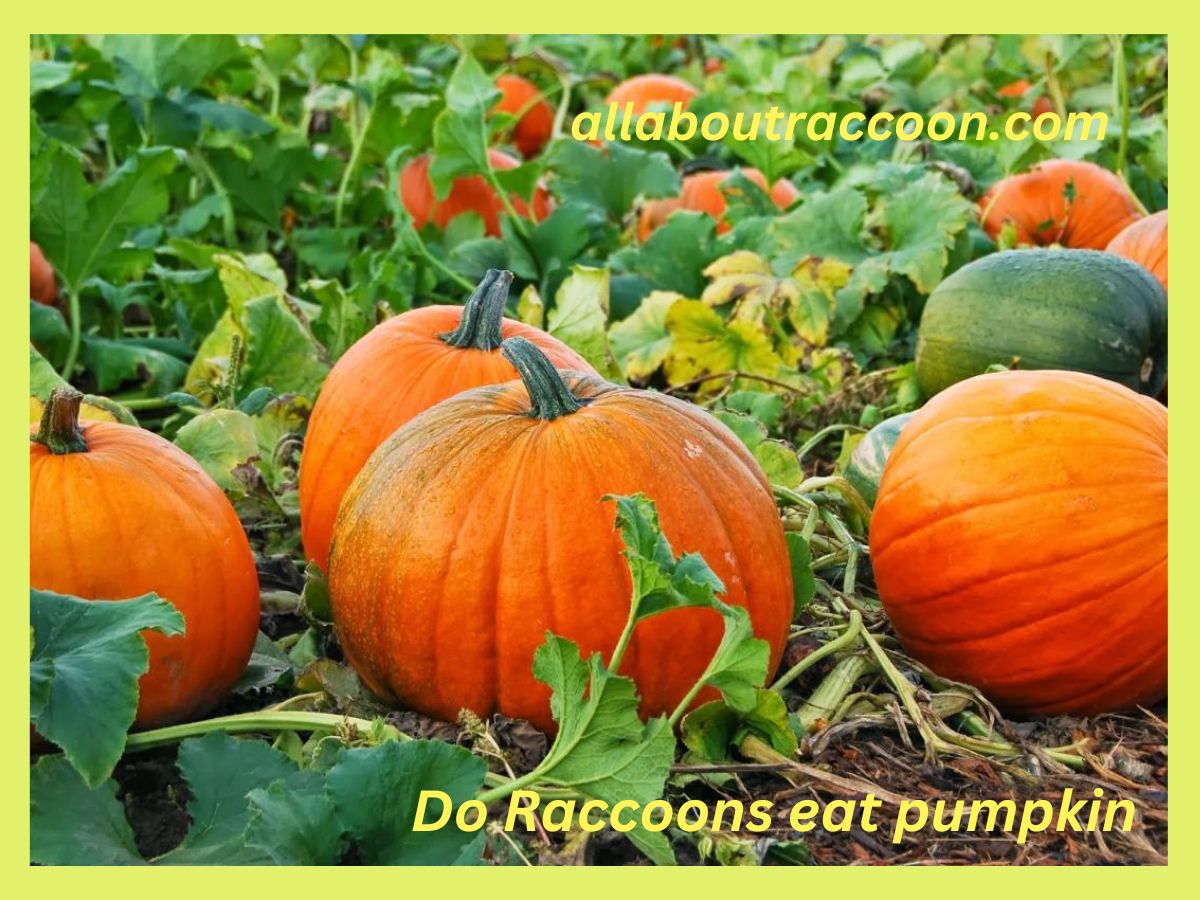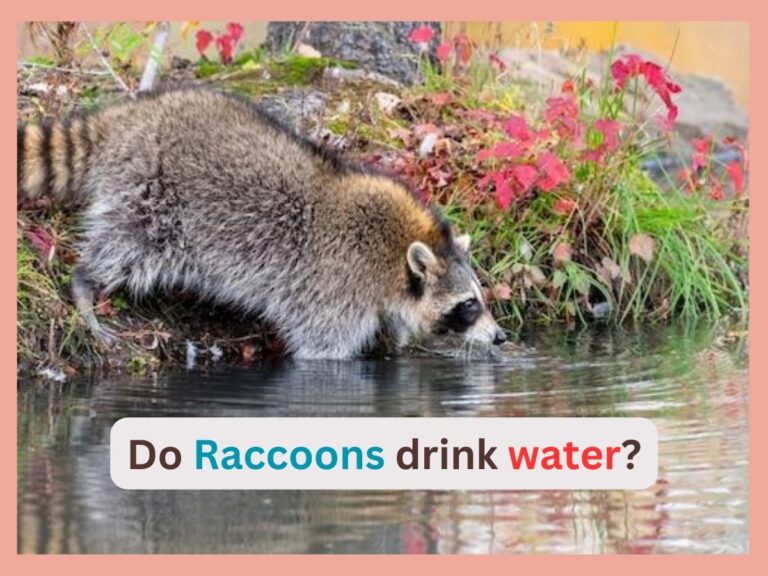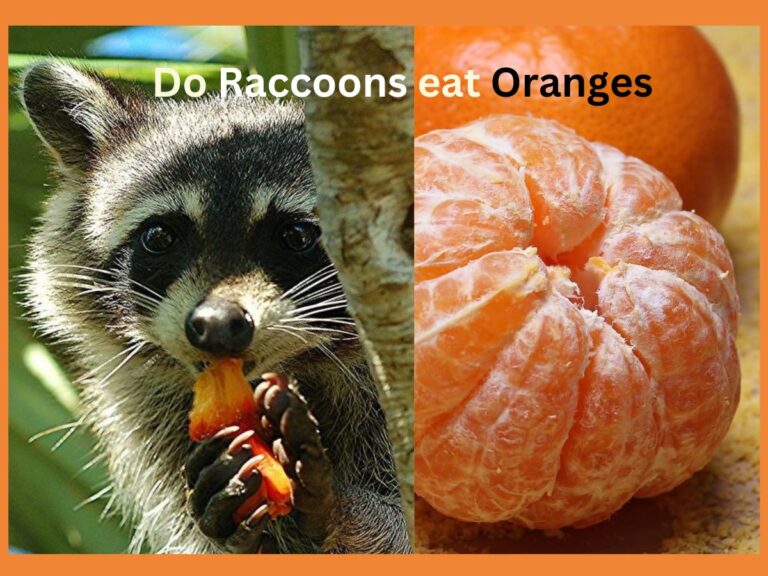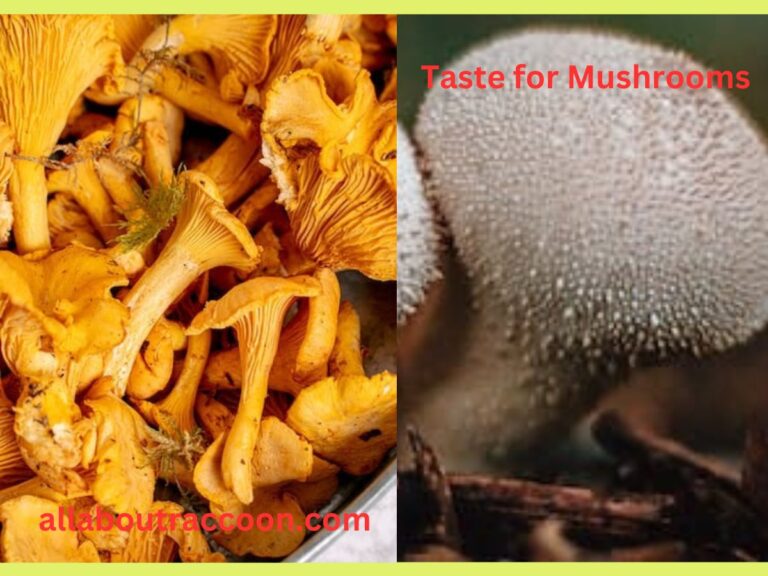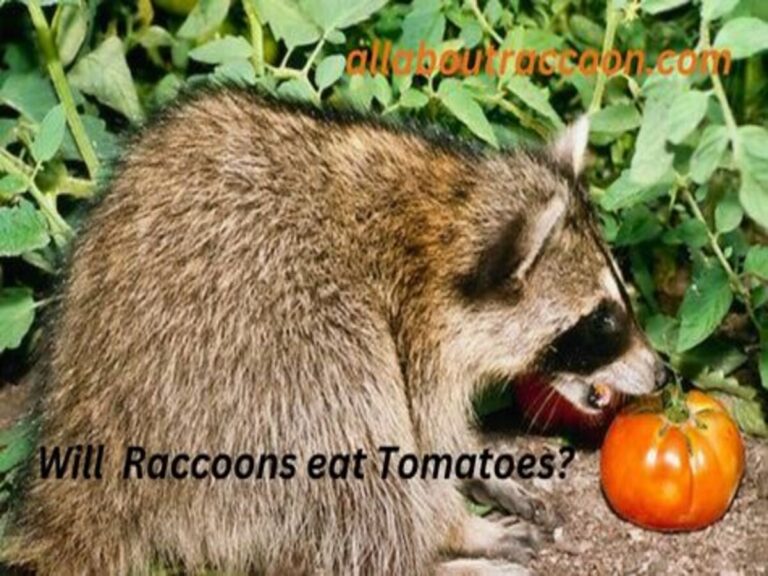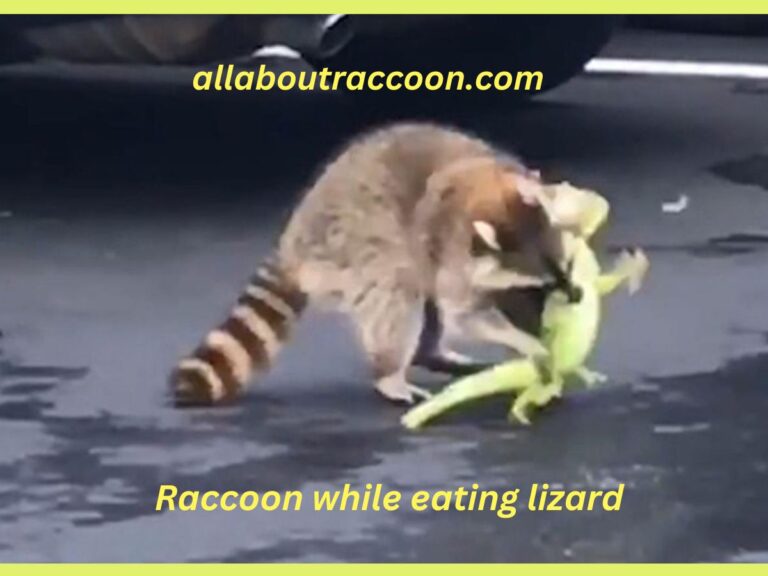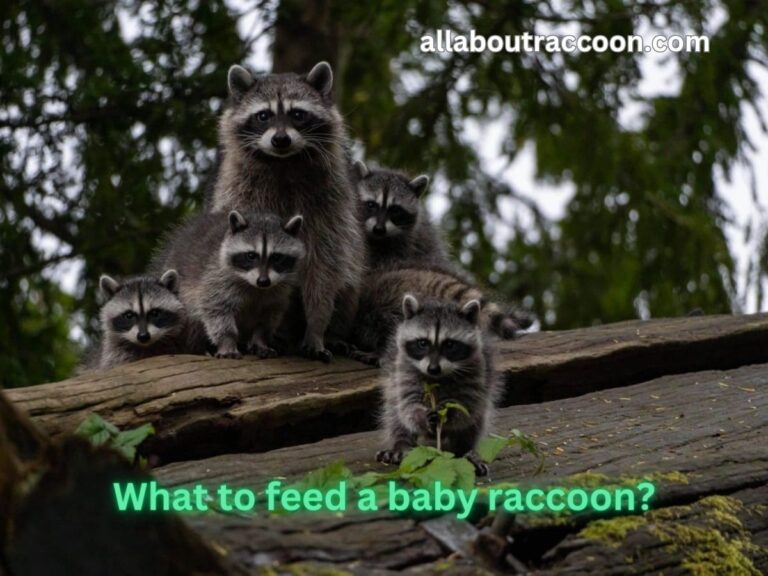Do Raccoons eat Pumpkins?-Will Raccoons eat Pumpkins?
Do Raccoons eat pumpkins? Will they pumpkins if easily available to them? Why do they eat pumpkin? How do raccoons eat pumpkin? What nutrition do they get from pumpkins? Is pumpkin safe or unsafe for raccoons’ health?
Since raccoons are omnivorous and eat various foods including plants and animals; but what about pumpkins? Will they eat or not? These questions arise a debate among raccoon enthusiasts and wildlife researchers.
If you have the same queries and seeking precise and relevant data; Congrats! you’ve landed on the right web page.
In this blog post, we will take a closer look at raccoons and their eating habits when it comes to pumpkins.
Let’s explore some interesting facts about these curious creatures and their love for these seasonal treats; of course about pumpkins.
Do Raccoons eat pumpkins?-Will they eat?
Do raccoons eat pumpkins? Yes, absolutely they eat pumpkins. Being omnivorous( eat both plants and animals) raccoons eat a variety of food including fruits, nuts, berries, acorns, insects, vegetables, fish, small animals, and of course pumpkins too. So, they will never hesitate to eat ripened pumpkins if they are easily available to them.
Before we explore full details about raccoons regarding pumpkin consumption, let’s first understand what a pumpkin is.
- You must be surprised to know that pumpkins are considered a fruit, not a vegetable. According to expert Joe Masabni, scientifically speaking, a pumpkin is a fruit because anything that starts to grow from a flower is botanically a fruit. As pumpkin grows from flowers, so it is listed in the category of fruit.
How do raccoons eat pumpkins?
Raccoons have a strong sense of smell, making it effortless for them to find pumpkins. Basically, pumpkin is not the favorite food of raccoons, but if they are hungry they obviously eat pumpkins. It’s a query of wonder how raccoons eat pumpkins. I explain it…
Simply, they use their dexterous paws to dig burrows in the soil to get in touch with roots. Surprisingly, they eat from pumpkin’s roots and then move on to the upper part or fruity part. Amazingly, they eat all parts of pumpkins including their stems, leaves, fruits, and seeds.
When a raccoon eats pumpkin, it takes bites into each seed and enjoys the delicious morsels. Additionally, raccoons may try to nibble through the pumpkin stem, hoping to discover more seeds hidden inside.
Why do they eat pumpkins?
The raccoons are opportunistic eaters and eat whatever is readily available to them. If pumpkins are available, they obviously eat pumpkins to lose their appetites. You must be surprised to know that raccoons must eat a lot of food daily to remain active and alive.
It is proved from research that raccoons can eat up to approximately 7 kg of food every day. That’s quite an impressive appetite they have. They eat as much as possible to satisfy their hunger. It doesn’t matter whether it is fresh food, pet food, or food scrapes from trash canes; they just have to eat.
Are pumpkins harmful to raccoons?- Cucurbitacin E
Nature has created some rules and regulations to maintain balance within the body of animals regarding food. Excess of everything is bad; so extra pumpkin consumption is bad.
- It is necessary for raccoons to consume pumpkins in moderation, otherwise, they will get ill. Thus they can safely eat any part of the pumpkin in reasonable quantities.
Cucurbitacin E- Essential part of the pumpkin:
The plants that are found in the family cucurbitaceae contain Cucurbitacin E. Pumpkins are also a member of the family cucurbitaceae and obviously contain Cucurbitacin E.
- Cucurbitacin E is a biochemical compound and acts as an anti-inflammatory, antioxidant, and antimicrobial agent. Moreover, Cucurbitacin E serves as a natural protection for raccoons against insects occasionally found in pumpkins.
- However, this component is safe in a normal dose but too much or excessive quantity of pumpkins can cause cucurbit poisoning in raccoons. Due to various factors, pumpkins can contain high levels of Cucurbitacin. Sometimes, even a small amount of pumpkin can cause poisoning in raccoons.

What benefits do raccoons get from pumpkins?-Nutritional facts
Pumpkins contain a variety of essential nutrients for raccoons as described below:
- Vitamins A, C, E& B2
- Minerals like Zinc and Magnesium
- Fibers
- Antioxidant ( bets-carotene)
- Proteins( Approximately 19%)
- Potassium
- Iron
- Copper
- Manganese
- Folate
- Beta carotene
All of these vitamins and minerals play a pivotal role in the bodies of raccoons by enhancing their energy. One intriguing thing about pumpkin is that it contains a low amount of fat. So, raccoons get multiple nutritional benefits from pumpkins without gaining extra weight.
Do Raccoons eat decayed pumpkins?
No, not at all! Raccoons avoid eating infested pumpkins. Basically, they consume partially softened and fresh pumpkins.
The decayed pumpkin is not good for raccoons. If raccoons eat decayed or spoiled pumpkins they get ill. The reason is that decayed pumpkin is infested with germs such as yeasts, bacteria, and molds.
Signs of raccoons rummaging in pumpkin garden-Key points:
Here are some signs from which you can make sure that raccoons are rummaging through your pumpkin garden and destroying the pumpkins.
Scratch marks over pumpkins:
If you notice scratch marks on your pumpkins and sudden wilting of pumpkin plants, it’s a clear indication that mischievous raccoons are likely responsible for the pumpkin damage and have found their way into your garden.
Raccoon’s footprint:
If raccoons occasionally visit your property or pumpkins garden, they often leave behind their footprints. The footprints left behind are a strong sign that raccoons have been rummaging through your garden.
Raccoons drooping-pop or urine:
Raccoons leave drooping( pop and urine) around your property, which is a clear indication that they visit your pumpkin garden. when they visit your garden it becomes apparent that they consume and cause harm to your precious plants.
Shuffling Noises:
If you hear shuffling and growling sounds around your house, you may have raccoons on your property or in your pumpkin garden.
How to protect your garden?-Important steps:
If you are the owner of the pumpkin garden, you must make some necessary steps to keep raccoons away from your lovely pumpkin garden.
- Simply build a large fence to keep raccoons away from your pumpkin garden. Commercial repellents are good for this purpose.
- Use Spray around the pumpkin garden with water mixed with ammonia or cayenne pepper, as raccoons dislike this smell.
- However, You may consult with wildlife experts, to know some effective techniques to keep raccoons away from your property.
Conclusion:
It is concluded: that raccoons eat pumpkins to satisfy their hunger if any other food of choice is not available to them. Indeed, raccoons get a lot of nutritional benefits from pumpkins. Pumpkins provide a lot of energy to raccoons
Raccoons should eat pumpkins in moderate amounts, otherwise, they will get ill from cucurbit poisoning.
Basically, raccoons have a preference for fresh and fully ripened pumpkins. They avoid consuming decayed or damaged pumpkins, as it can have detrimental effects on their health.
FAQs:
Yes, they eat all parts of pumpkin including its seeds, stem, leaves, and fruit.
Yes, raccoons are foody and eat a variety of foods including plants and animals. Besides this raccoons have high appetites and eat 7kg of food daily to satisfy their hunger.
If you enjoyed this article, you must enjoy these articles related to raccoon’s food:

